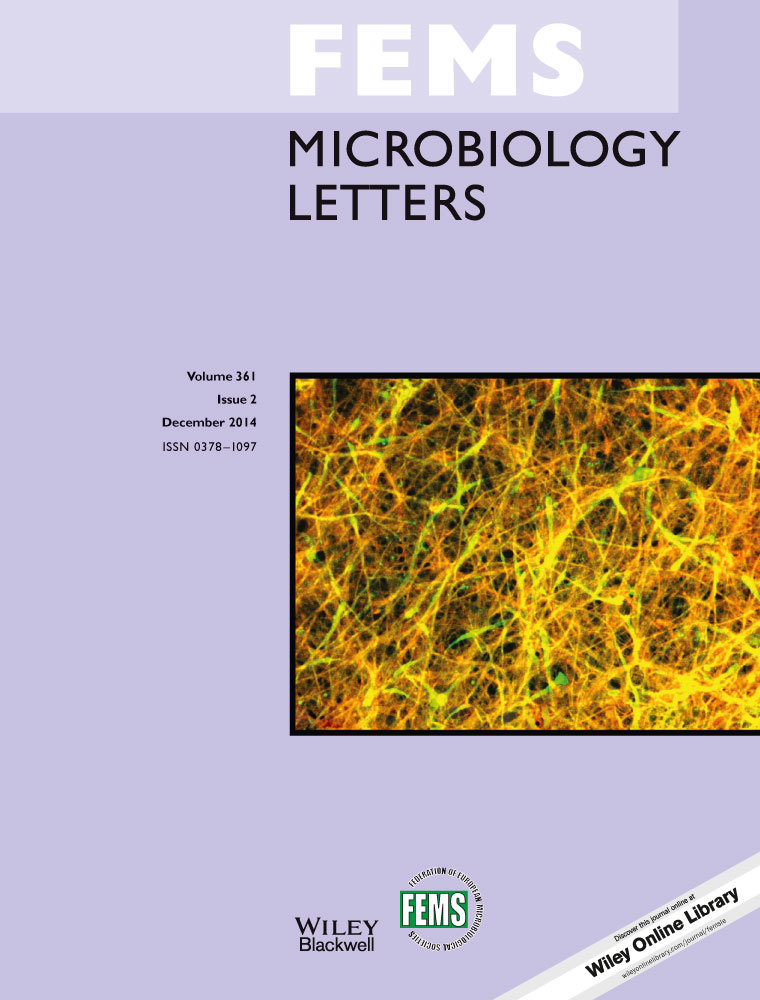A heteroduplex method for detection of targeted sub-populations of bacterial communities
Abstract
We describe a simple method, based on heteroduplex mobility analysis of 16S rDNA fragments, for targeted detection of sub-populations of bacteria within diverse microbial communities. A small (ca. 200 bp) polymorphic fragment of the bacterial 16S rRNA gene was amplified from sample DNA using universal primers. Sample products were hybridised with a fluorescently labelled fragment amplified from a selected ‘reporter’ organism representing the target group. The resulting products were resolved and the labelled heteroduplex pairs detected on non-denaturing gels using automated DNA detection technology. A model, based on analysis of samples with known 16S rDNA sequences, demonstrates that heteroduplex mobility is inversely correlated with genetic distance and that beyond 26% genetic difference, heteroduplex products are not detected. The utility of the method was tested by field studies in which stream biofilms could be characterised by heteroduplex profiles generated with heterotrophic and autotrophic reporter organisms representing target groups.




